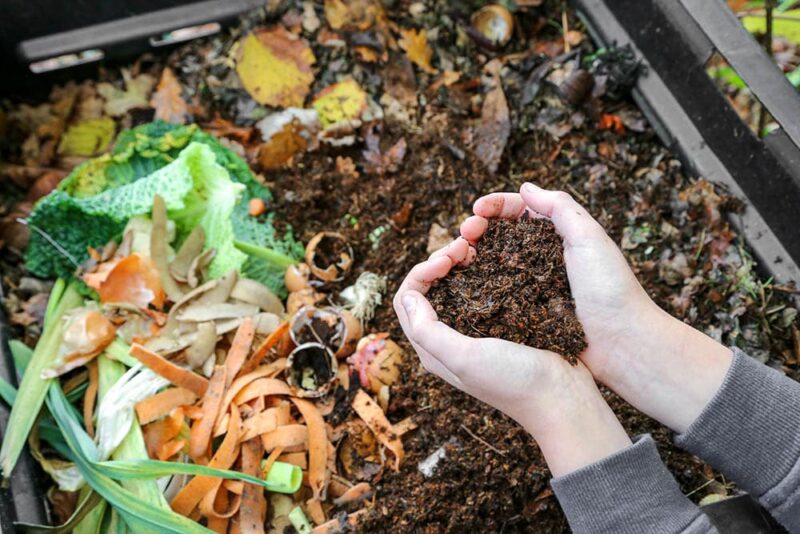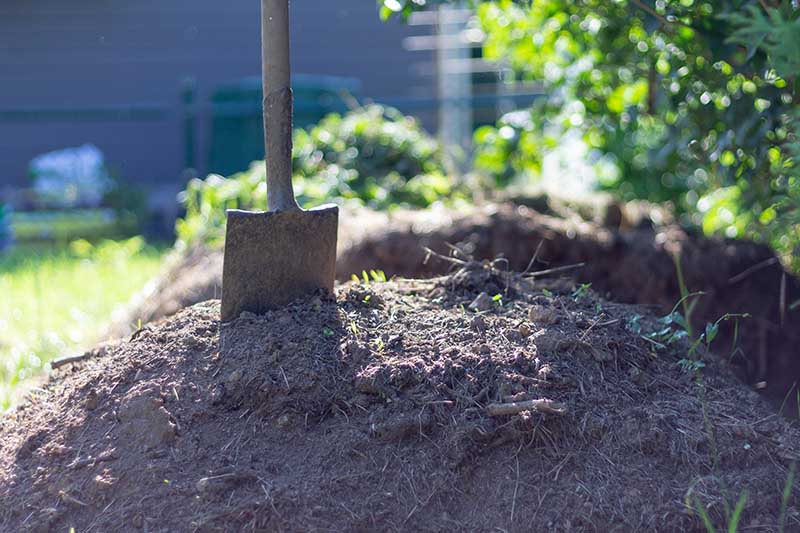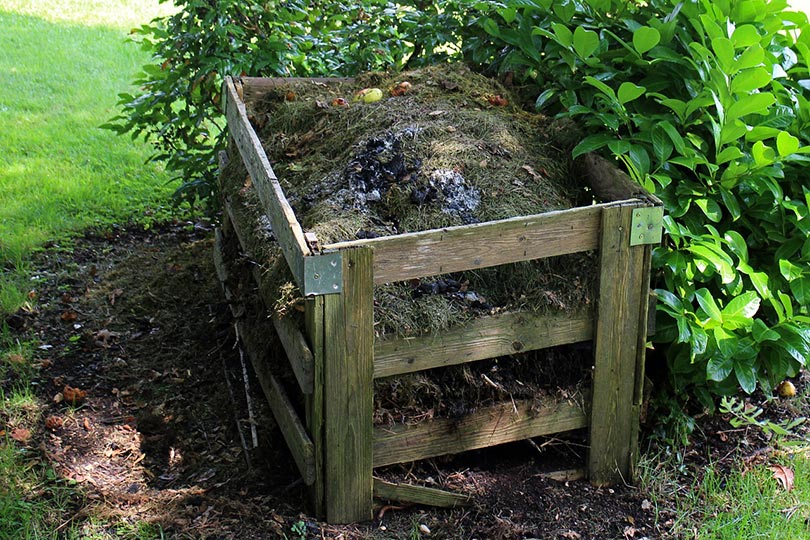Can You Buy Organic Compost at Home Depot? Important Facts
-
Kristin Hitchcock
- Last updated:

You can purchase organic compost at Home Depot. However, because each Home Depot is different, it depends largely on what store you’re going to. Occasionally, stores may be out of the compost you need. In most cases, organic compost is only carried in a few different varieties so it is easy for the store to run out during planting season.
If you’re set on organic compost, your best bet is to order online or call the store ahead. You can order lots of compost varieties online at Home Depot. Calling the store ahead also helps ensure that they have what you’re looking for.
Where Can I Find Organic Compost?
You can find organic compost at many garden centers. Often, these stores have organic compost in bulk. However, because they usually only carry a type or two of organic compost, you’ll need to ensure that your local store currently has it in stock. Of course, some garden centers may not sell organic compost at all. When in doubt, you may want to call ahead to ensure that your local store carries it.
Topsoil and mulch suppliers also carry organic compost in most situations. If you have one of these stores nearby, they are likely your best bet for getting quality compost. After all, they usually carry more varieties, since that’s their main business focus.
Some big box stores also carry organic compost. These include stores like Lowes and Home Depot. Often, these stores have fewer options than other places. However, if you just need a little bit, they are a great option. They often sell it in lower amounts.
Craigslist may have local organic compost for you to purchase. In many rural communities, gardeners and farmers may sell their own organic compost for others to purchase. However, this does depend widely on your local community.
Amazon and Peaceful Valley also offer a variety of different organic compost options. However, it can be challenging to purchase it in bulk from these locations, and you have to pay for shipping. Therefore, this is usually the last option.

Which is the Best Organic Compost?
There are many organic compost options for you to choose from. We particularly recommend Westland John Innes Sees Sowing Compost. As the name suggests, this compost is the best option for sowing seeds, as that’s what its purpose is. This compost is also widely available, so you can find it at many of the places we listed above. Home Depot even carries it.
Miracle-Gro Performance Organics is also a good option. However, this is a bigger name than the one above, and several organic farmers don’t trust it quite as much for this reason. It’s a good multipurpose fertilizer that you can use in most situations.
Does Compost Need to be Organic?
Compost cannot be considered “certified organic,” as it isn’t a food. However, there is a serious rise in those interested in organic compost today. Therefore, many companies will label their compost as organic. However, because there isn’t a certifying body behind these labels, they can mean practically anything. It is important to have a clear understanding of what the company means as organic before you take the next step.
Furthermore, you should consider what you mean by organic. Your definition and a company’s definition might not line up.
Usually, organic compost contains only organic ingredients. These don’t have any chemicals or other things in them, though most compost doesn’t contain any chemicals).
There are several definitions of nonorganic, as well. One of these composts usually doesn’t contain nutrients. For instance, perlite, clay, and rockwool fall into this category. Their job is different from organic composts, as these materials do not decompose quickly nor do they really offer much to the soil.
However, other people consider organic compost made with nonorganic materials (aka those that have been genetically modified or grown with pesticides) nonorganic. Therefore, there are two very distinctive definitions of organic and nonorganic compost in the industry.
For this reason, you need to consider the definition you’re looking for, as well as the one the company is using. You don’t want to purchase a bag of compost when it doesn’t meet your definition.
Compost doesn’t need to be organic. However, using produce that is not certified organic can lead to a small possibility of your compost being exposed to chemicals. After all, if there are chemicals on the produce when you put it in, the chemicals will be inside the compost. However, the lifespan of many chemicals used in agriculture is quite small, and they are likely to be gone after you utilize the majority of the produce.

What is the Difference Between Organic and Non-Organic Compost?
Organic composts are made from living things, such as animal manure and plant matter. However, the term organic may also mean that these composts are made with only organic materials. Therefore, they would likely contain fewer chemicals and less waste.
On the other hand, non-organic compost can include mostly chemically derived nutrients. Sometimes, this sort of compost is useful if you’re looking for only very specific nutrients. Many of the nutrients can be chemically broken down into their lowest denominator, which is nice when you know exactly what you need to add to your garden.
However, non-organic can also mean “organic” compost that isn’t made with “certified organic” items. For instance, the compost may be made with plant matter, but it may not be organic plant matter.
Therefore, before purchasing anything, we recommend figuring out what definitions the company is using.
Conclusion
Home Depot carries many different kinds of compost, including organic compost. However, because what each store carries varies, you should call ahead if you’re concerned that your store may not have it. Furthermore, you also have to consider that the store may be out of stock on some items. While most Home Depots will carry organic compost, not all of them will.
You can also get compost from a range of other stores. For instance, most gardening centers have some sort of compost selection. Topsoil suppliers are also great options for purchasing compost in bulk.
Featured Image Credit: Jerome.Romme, Shutterstock
Contents

